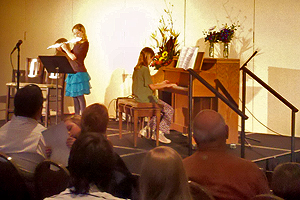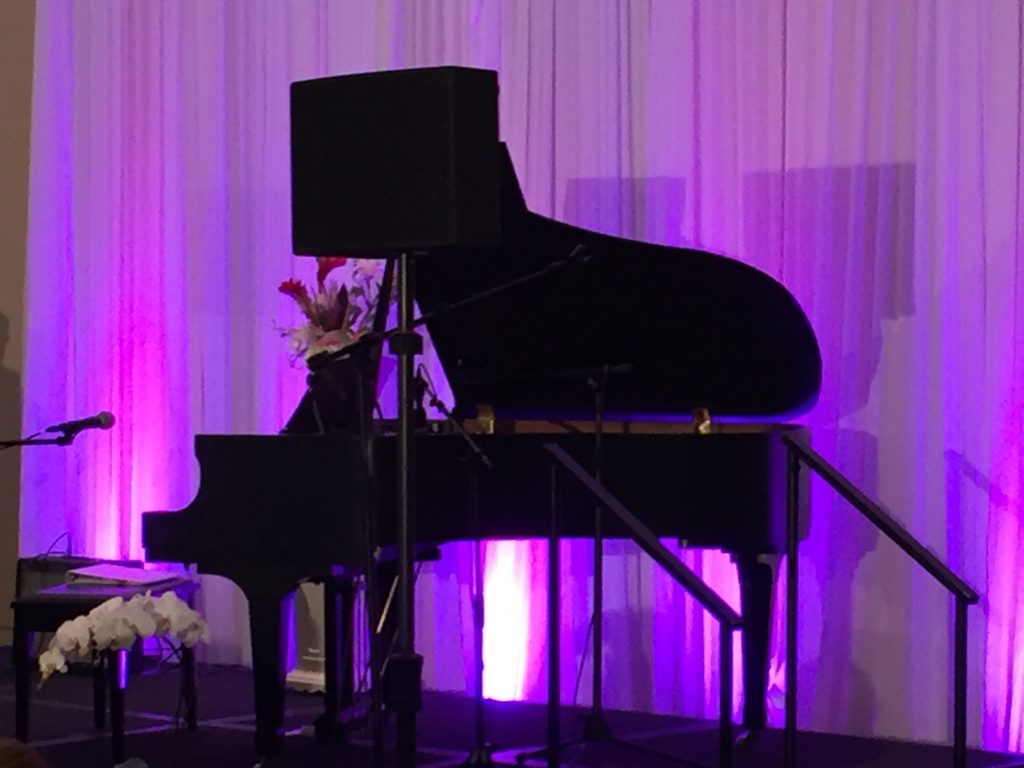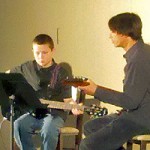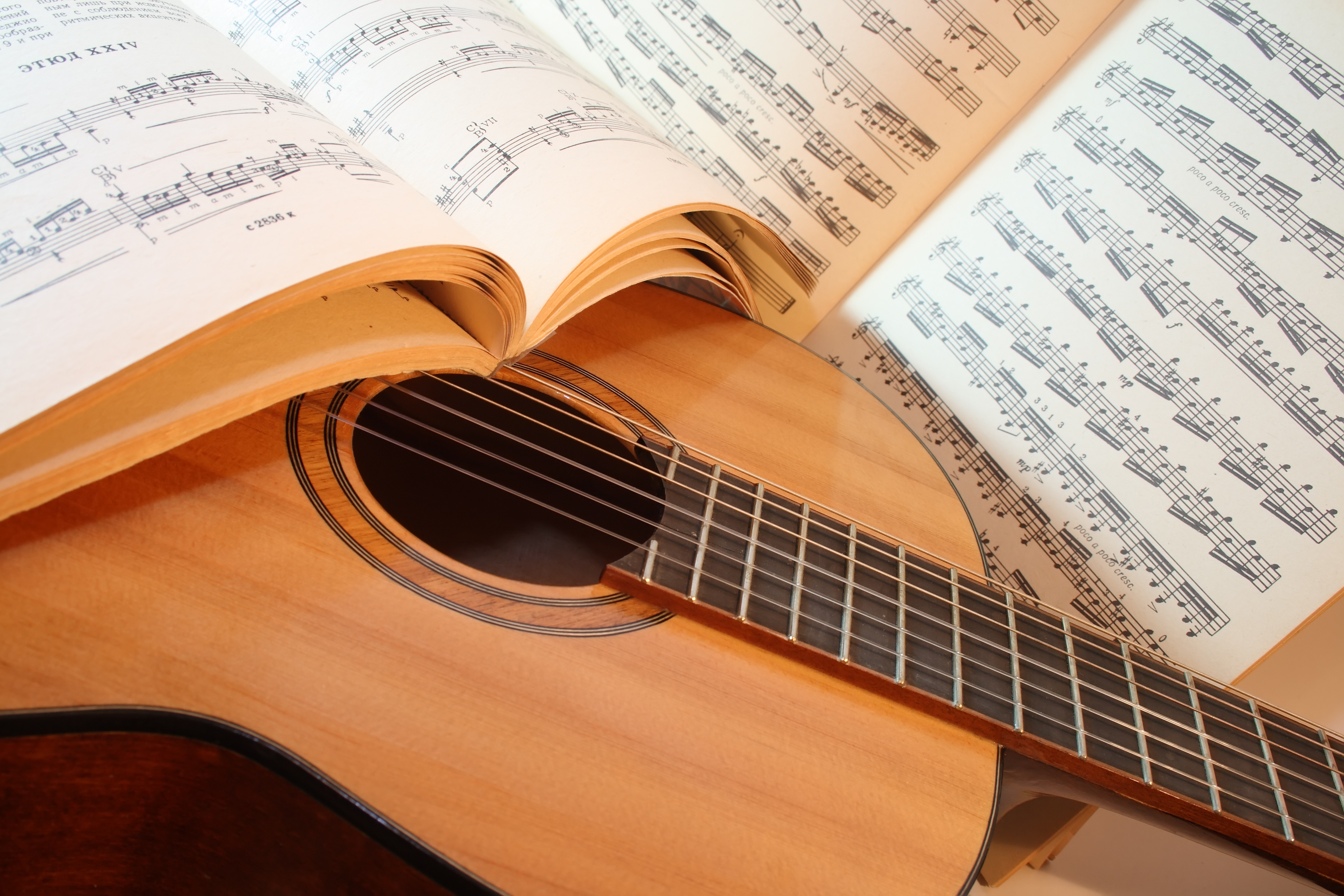December 2022 Music Blog
December 2022 Music Blog
Digital Recording
At the Colorado School of Music we teach a variety of instruments ranging from piano lessons, guitar lessons, vocal lessons, voice lessons, violin lessons, viola lessons, drum lessons, percussion lessons, ukulele lessons, trombone lessons, tuba lessons, euphonium and other orchestral instruments. We have students come from Denver, Lakewood, Arvada, Wheat Ridge, Morrison, Littleton, Golden and Evergreen. Contact us to come and try a lesson. www.coloradoschoolofmusic.com info@coloradoschoolofmusic.com or 303-526-9865
There are many option these days when it comes to digital recording. Each DAW or digital audio work station has its strengths. When it comes down to recording they all are very comparable as far as the sound you may get from one to the next regarding the audio file. The biggest difference from one DAW to the next is in its features and how to access different editing and mixing options and moves. Currently I am using Logic Pro X. I’ve been recording digital since 1996 and I’ve used Cubase, Digital performer, Reason and Garage Band. I’ve always used Mac computers over P.C. as they are more stable and just better tools. Logic is made by Apple for Apple computers there fore Logic is extremely powerful and intuitive.
The next thing to consider is what kind of audio interface you will use. Again there are more interface options than DAW options so it gets kind of tricky to figure out what will work best for you. When I first staring recording digitally we had to open up our computers and install an audio recording card in order to get sound in and out of the computer. Things have come a long way since then. If your just staring out and want a basic interface I real like the Focusrite Scarlett interface. It sounds great and is basically just plug and play on a Mac. I have recently upgrade my interface to the Apollo Twin X heritage addition interface made by Universal audio. I have to say I have been blow away by this little unit. With this interface you are able to use plugins in real time without and latency. A plugin is an application that allows a use to add different dimensions and sound to a recorded or a sound while its benign recorded like with the Apollo. Latency is the lag or delay time that your DAW has in order to process the signal. When using a unit like the Focusrite there is just the smallest amount of latency but it is still there. By no means does this effect your performance as far as it not being recorded on time but you may hear it a little when you are actually doing the recording. With these newer Apollo interfaces you have 0 latency. In addition to no latency you are able to use plugins at the same time you are recording and yes still 0 latency. Universal Audio has some of the worlds best plugins that replicate the hardware extremely well. Now you can have hardware that would cost two or three thousand dollars for just a couple hundred dollars or less. Not to mention you don’t need racks and racks of gear any more as it’s all just in the box.(Computer based)
The last thing I’ll be discussing here in regards to digital recording is your microphone when recording analog instruments such as a voice or acoustic guitar. This is the last and one of the most important things to consider when recording. This is were your signal starts so if you can afford a nice condenser microphone don’t be afraid to spend a little more money here. It will help everything sound better that is being processed into your interface and into your DAW. There is a very big rang here when it comes to mics so do your research to get a good versatile mic. I hope this has given you a little insight into the digital recording world.
Please contact us to come in for your $10 introductory lesson from one of our great instructors or myself to learn further about music education. We offer guitar lessons, piano lessons, drum lessons, violin lesson, Ukulele lessons, vocal lessons as wells as some orchestral instruments and more.
Have a great holiday season!







